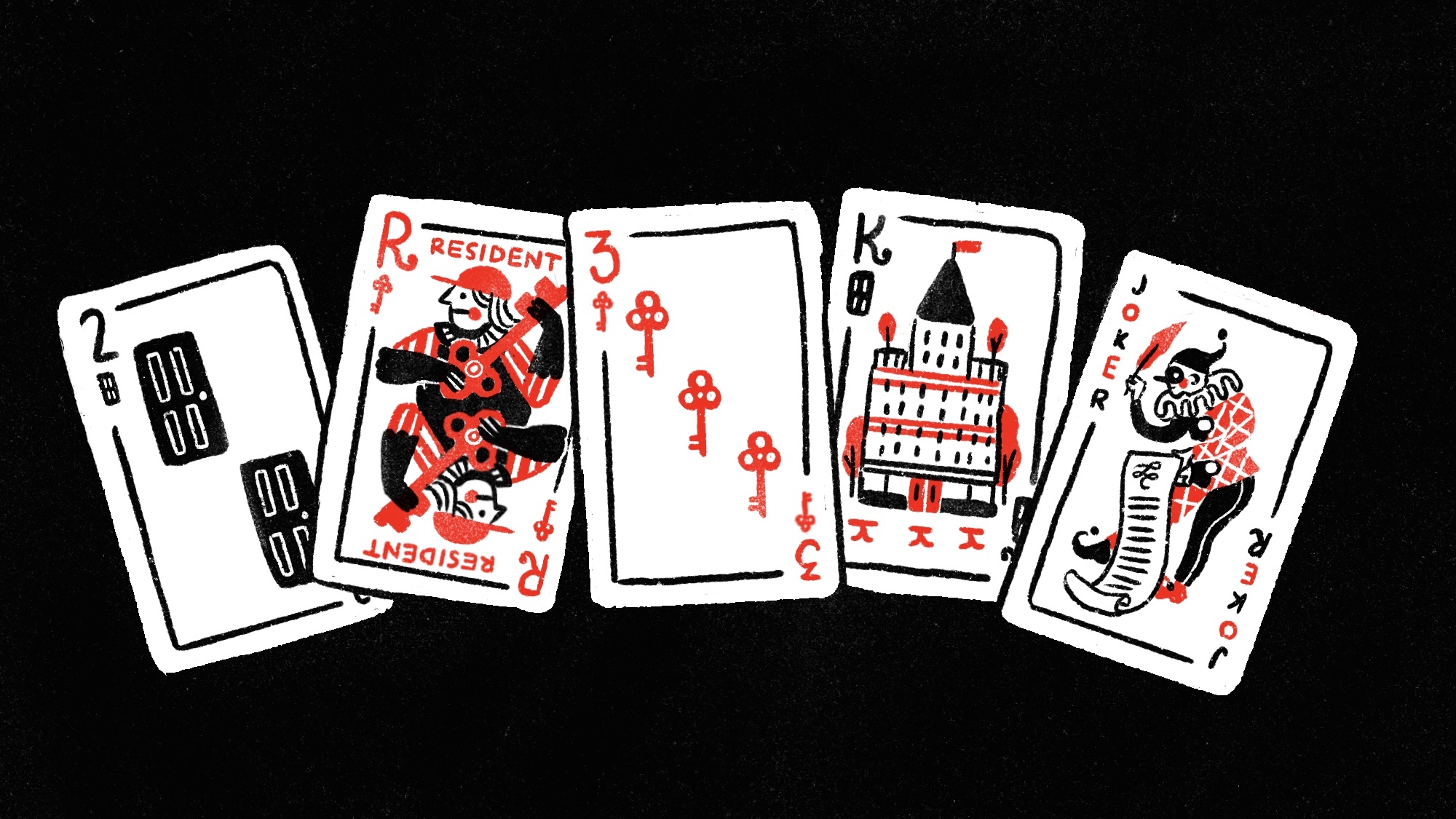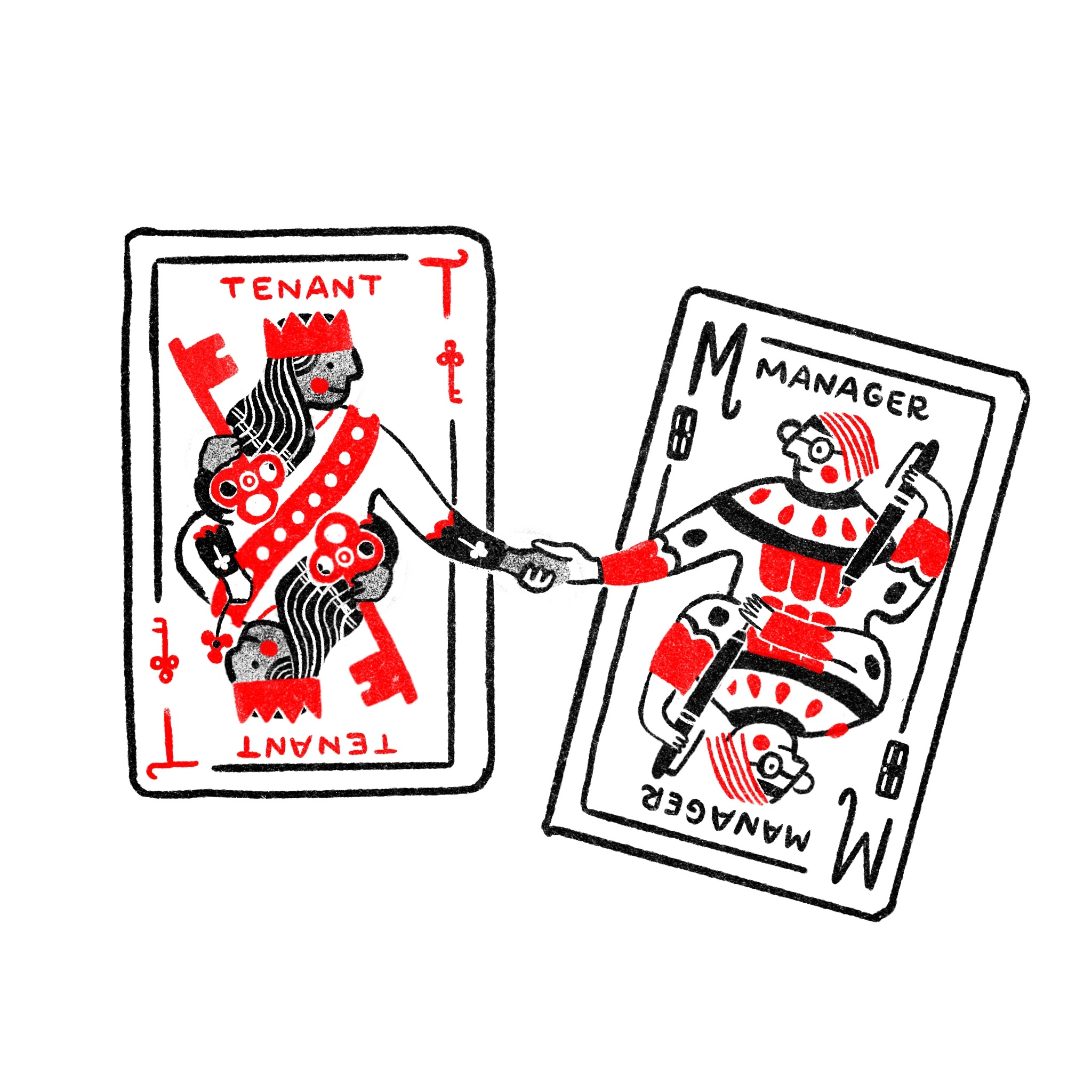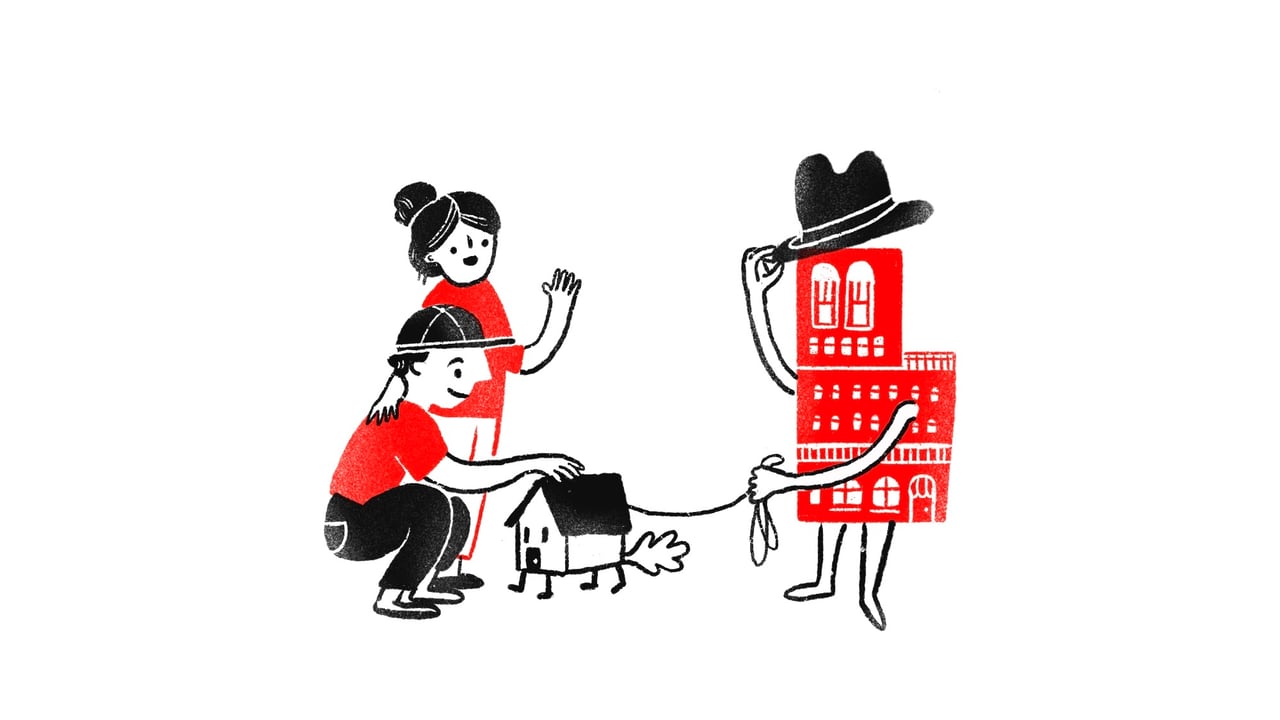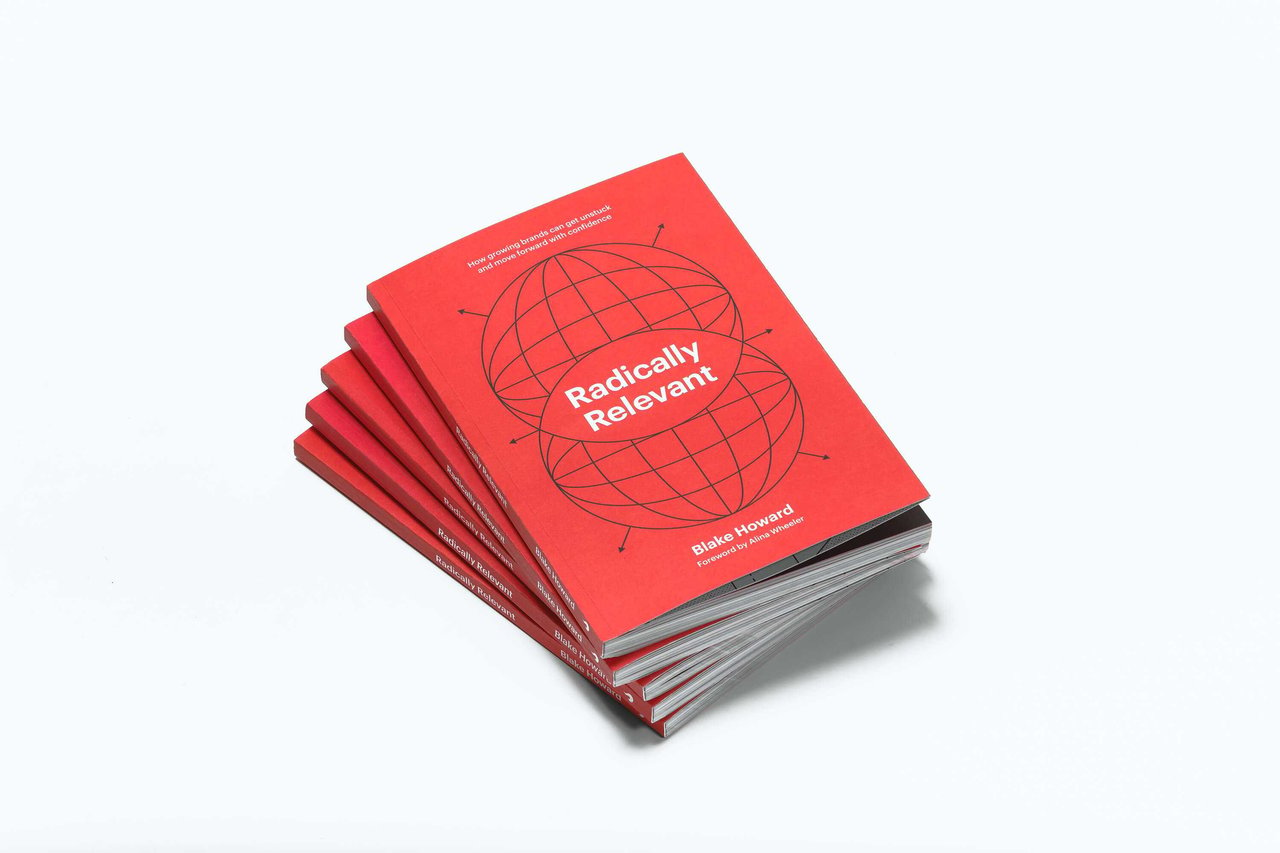Though it’s safe to say virtually no industry has fully rebounded, the global pandemic’s impact has laid bare the correlation between business innovation and survival. Some industries — like real estate — have managed to work within the constraints of Covid-19, to evolve and embrace new approaches, whether in the residential, commercial or retail sector.

While solutions aren’t yet down to a science, the real estate industry’s ability to pivot and address new demands is a winning strategy in terms of sheer ingenuity.
A prime example of this is the ability to shift and capitalize on the demand for short-term leases. Though these quick-fix decisions aren’t perfect — or designed for permanence — a scrappy solution is better than nothing in a climate where the future is unclear.
For instance, when North American Properties saw a large retailer close within its mixed-used community, Avalon, the developer saw an opportunity rather than a vacancy. By transforming 9,000-square feet of empty retail into it’s first-ever holiday market, North American Properties was able to provide space to nearly a dozen small local business who wouldn’t ordinarily be able to setup a full lease at the property.

One thing that Covid-19 hasn’t changed is the importance of relationships in the real estate business. With the industry facing so many unknowns, the best tenant-management relationship is characterized by adaptability and a mutual desire to work together. By focusing on retention — asking tenants what they need and acting on it — property managers and developers can stay ahead of the pack.
From a branding perspective, just as business needs are changing, customer needs have shifted as well. As customers are spending more and more of their time online, it’s crucial to stay active and convey a message that goes beyond the boilerplate “in these unprecedented times…” storyline. Properties should really explain what specific steps are being taken to flex into this new reality.
In the residential sector, rental seeker’s primary focus has shifted from “nice to haves” like amenities, to “brass tacks” like cost and square footage. As such, property managers have been pushed to innovate. As the sales process has moved from real life to the virtual realm, rental properties must step up their online experience. Think virtual tours with 3-D rendered spaces and video components, rather than a photo slideshow.
Thanks to coronavirus, cleanliness has never been cooler, and property managers and developers that build sanitation into their brand can tap into a new need. Start showcasing existing sanitary amenities or create new ones. For instance, apartment clubrooms that previously encouraged socialization can transform into co-working spaces where there’s plenty of room to spread out. Improvements like upgraded air filtration systems or touchless fixtures are innovative investments that speak to a very timely need.
In real estate, those that can make quick decisions about repurposing space and offer improved amenities to existing tenants will continue to win. Consumer needs and business demands are continually changing, but it’s business critical to have spaces that can keep up.




